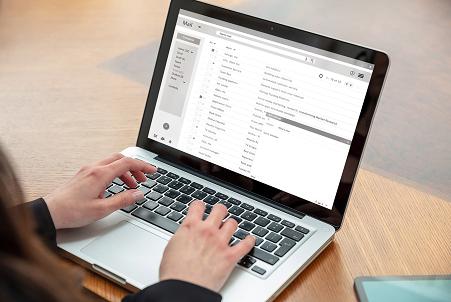Editors’ Picks

Interview Prep • 8 min read
Video Interview Tips: How to Prepare, Practice, & Stand Out
Toni Frana, CPRW • Nov 24, 2025

Interview Prep • 5 min read
Interview Rounds: Key Expectations for Each Stage
Most hiring managers have three specific goals in mind when they begin the search for a candidate: they want to find someone who can handle the work at hand, someone
Toni Frana, CPRW • Apr 11, 2024
Before The Interview

Interview Prep • 18 min read
How to Prepare for an Interview (Tips & Examples)
Toni Frana, CPRW • Apr 23, 2025
After The Interview

Interview Prep • 15 min read
How to Write a Follow-Up Email After an Interview (Examples + Guide)
You’ve written your resume and cover letter and aced the interview. Congratulations, you’re almost there! But there’s still some work to do to secure the job: the interview follow-up email. Writing
Toni Frana, CPRW • Mar 12, 2024
Ready to take the next step in your career?
Our expert advice will help you craft the perfect resume or cover letter. Showcase your unique skills and qualifications to stand out to employers and get hired faster.